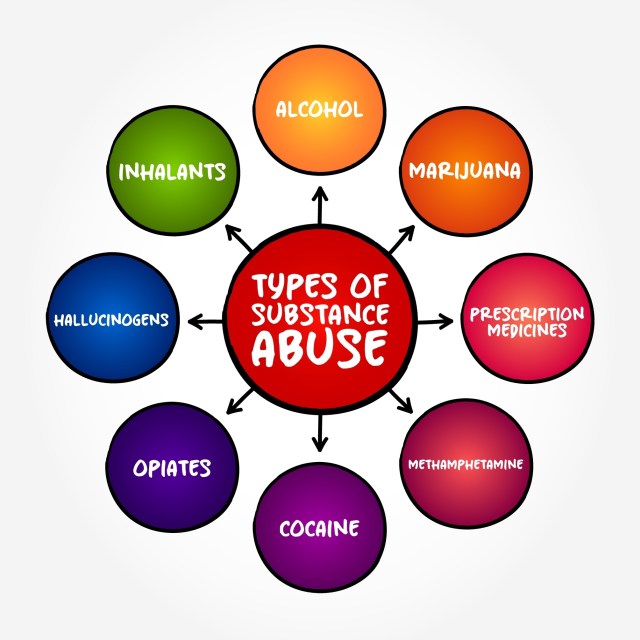Course Summary
Unique challenges exist for individuals with a substance use disorder, and those diagnosed with comorbid substance use are expected to have a higher degree of physical symptoms from substances used and a longer detoxification period. A personalized recovery program for people diagnosed with a substance use disorder is needed that takes into account their unique demographics and substance use history. The path of recovery varies between individuals, which may include altered alcohol and/or drug use and responses to environmental triggers. Recovery program strategies for the management of and abstinence from substance use are discussed.
Course Format
Homestudy
Course Syllabus
- I. Introduction
- II. Relapse Prevention and Management
- 1. Managing Cravings
- 2. Managing a Relapse Episode
- 3. Community Support
- III. Substance Use and Treatment Modalities
- 1. Models of CBT and Ethical Considerations
- IV. Hospital Resources During Recovery
- 1. Emergency Department Crisis Team
- 2. Psychiatric Department
- V. Community Resources During Recovery
- 1. 2020 US Initiatives Addressing Barriers to Treatment
- 2. Community Crisis Centers
- 3. Homeless Shelters
- 4. Mental Health Outreach
- 5. Community Corrections
- 6. Police and Community Together
- 7. Self-Help Programs
- 8. Primary Group Involvement and Abstinence
- VI. Case Study: The Many Forms of Substance Use
- VII. Case Study: Adolescent with Drug Use
- VIII. Summary
Authors
Noah H. Carpenter, MD
Dr. Noah Carpenter is a Thoracic and Peripheral Vascular Surgeon. He completed his Bachelor of Science in chemistry and medical school and training at the University of Manitoba. Dr. Carpenter completed surgical residency and fellowship at the University of Edmonton and Affiliated Hospitals in Edmonton, Alberta, and an additional Adult Cardiovascular and Thoracic Surgery fellowship at the University of Edinburgh, Scotland. He has specialized in microsurgical techniques, vascular endoscopy, laser and laparoscopic surgery in Brandon, Manitoba and Vancouver, British Columbia, Canada and in Colorado, Texas, and California. Dr. Carpenter has an Honorary Doctorate of Law from the University of Calgary, and was appointed a Citizen Ambassador to China, and has served as a member of the Indigenous Physicians Association of Canada, the Canadian College of Health Service Executives, the Science Institute of the Northwest Territories, Canada Science Council, and the International Society of Endovascular Surgeons, among others. He has been an inspiration to youth, motivating them to understand the importance of achieving higher education.
William Cook, PhD
William Cook, Ph.D. is a licensed psychologist who worked for 15 years in private practice in Montana before leaving his practice to work full time as the Director of CE4Less. He earned his doctorate degree from Texas A&M University, and focused much of his psychology practice in the area of child and family counseling, as well as psychological testing. Dr. Cook likes new challenges, foreign traveling to Africa and areas of Europe and the near East, scuba diving, running, music, and spending time with his family.


